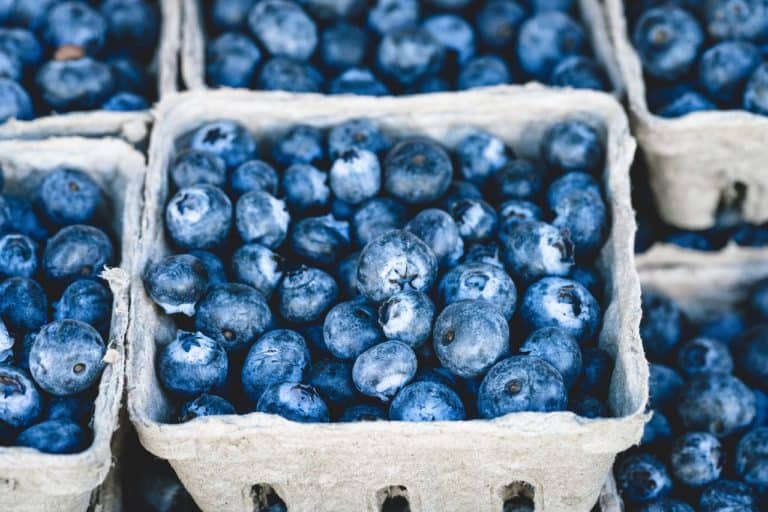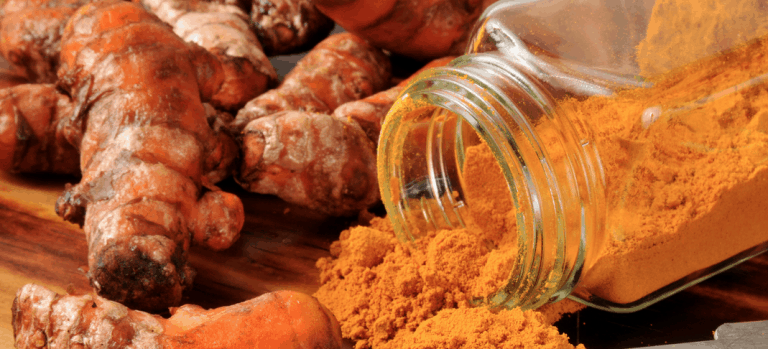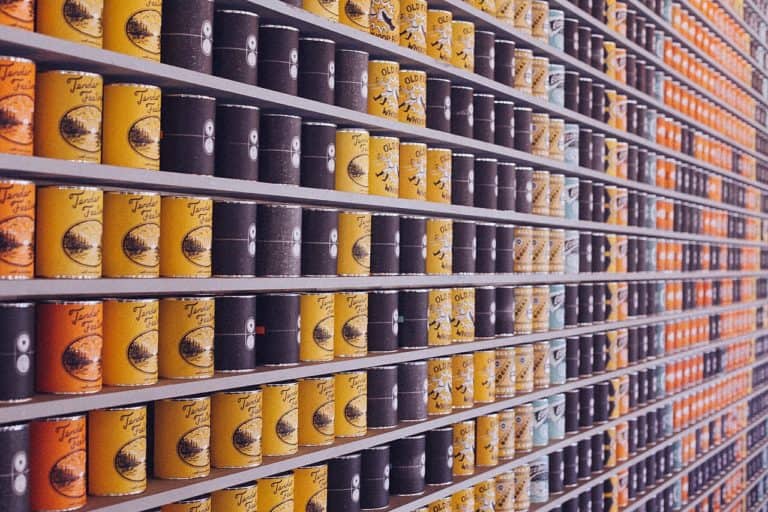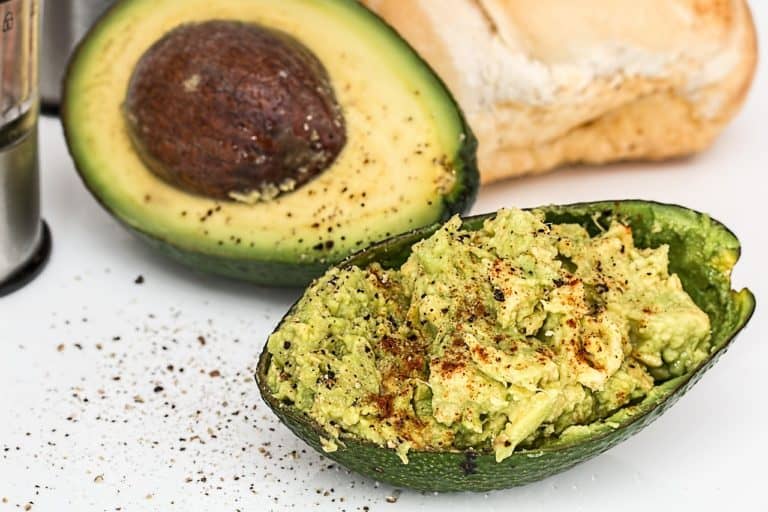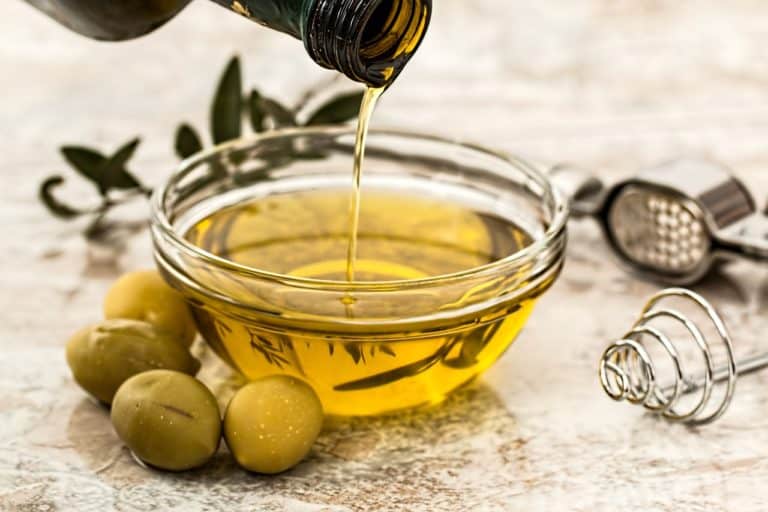Green tea is a food that all men should consider adding to their daily menu because of its outstanding health advantages. Not only is green tea a potent source of antioxidants known as catechins, it also has been associated with a variety of health benefits for the prostate. Here are 7 benefits of green tea every man should know.
1. It interferes with the activity of an enzyme called ortnithine decarboxylase, which plays a role in the “birth” of prostate cancer (Gupta 1999)
2. Green tea slows the growth of human prostate cancer cells and prompts them to “commit suicide” (apoptosis) (Gupta, Ahmad 2000)
3. It encourages the repair of damaged DNA that might otherwise promote cancer growth (Butt 2009)
4. Green tea inhibits the activity of an enzyme called COX-2, which accumulates in prostate cancer tissue and is involved in the prostate cancer process. (Hussain, Gupta 2005). Research shows that prescription medications called COX-2 inhibitors, such as celecoxib (Celebrex) have the ability to slow the growth of prostate cancer in animal models. However, a recent study published in Clinical Cancer Research shows that the EGCG found in green tea was nearly as effective as COX-2 inhibitors in slowing the growth of prostate cancer. (Adhami 2007)
5. It stimulates the activity of certain immune system cells that fight cancer tumors. (Butt 2009)
6. In a study published in the journal Cancer Prevention Research in June 2009, researchers reported that green tea polyphenols, primarily EGCG, significantly reduced the levels of PSA. The study included 26 men who had prostate cancer and who were scheduled for radical prostatectomy. (McLarty 2009)
7. It also appears that catechins may benefit men who have pre-cancerous prostate lesions (prostate intraepithelial neoplasia, or PIN), a condition that indicates a high risk of developing prostate cancer. Studies indicate that 30 percent of men who have a high-grade PIN go on to develop prostate cancer within one year after repeated biopsy. In a 2006 study published in Cancer Research, 60 men who had high-grade PIN participated in the double-blind, placebo-controlled study. (Bettuzzi 2006) Men in the treatment group received three 200-mg capsules of catechins daily. After one year, only one tumor was diagnosed among the 30 treated men, compared with nine cancers found among the 30 controls. As a “bonus,” the researchers also noticed that the men who took the catechins had reduced lower urinary tract symptoms, which suggests catechins may be helpful in treating symptoms of BPH.
8. It can also help with preserving hair loss in men by helping to stimulate testosterone and interfering with the conversion to DHT.
References
Adhami VM et al. Combined inhibitory effects of green tea polyphenols and selective cyclooxygenase-2 inhibitors on the growth of human prostate cancer cells both in vitro and in vivo. Clinical Cancer Research 2007 Mar 1; 13(5): 1611-19
Bettuzzi S et al. Chemoprevention of human prostate cancer by oral administration of green tea catechins in volunteers with high-grade prostate intraepithelial neoplasia: a preliminary report from a one-year proof. Cancer Research 2006 Jan 15; 66(2): 1234-40
Butt MS, Sultan MT. Green tea: nature’s defense against malignancies. Critical Reviews in Food Science and Nutrition 2009 May; 49(5): 463-73
Gupta S et al. Prostate cancer chemoprevention by green tea; in vitro and in vivo inhibition of testosterone-mediated induction of ornithine decarboxylase. Cancer Research 1999 May 1; 59(9): 2115-20
Gupta S et al. Growth inhibition, cell-cycle dysregulation, and induction of apoptosis by green tea constituent (-)-epigallocatechin-3-gallate in androgen-sensitive and androgen-insensitive human prostate carcinoma cells. Toxicology and Applied Pharmacology 2000 Apr 1; 164(1): 82-90
Hussain T et al. Green tea constituent epigallocatechin-3-gallate selectively inhibits COX-2 without affecting COX-1 expression in human prostate carcinoma cells. International Journal of Cancer 2005 Feb 10; 113(4): 660-69
McLarty J et al. Tea polyphenols decrease serum levels of prostate-specific antigen, hepatocyte growth factor, and vascular endothelial growth factor in prostate cancer patients and inhibit production of hepatocyte growth factor and vascular endothelial growth factor in vitro. Cancer Prevention Research (Phila) 2009 Jul; 2(7): 673-82


